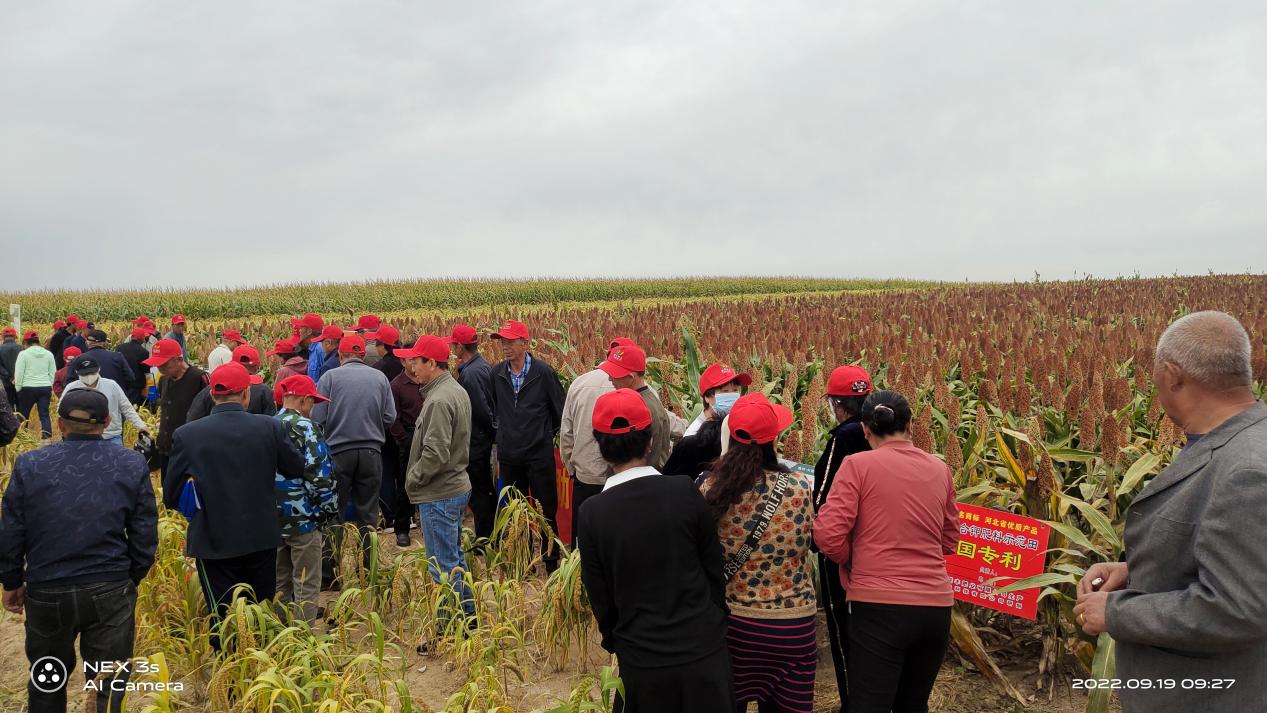
Nov . 05, 2024 06:56 Back to list
potash plant fertilizer
The Importance of Potash in Plant Fertilizers
Potash, a vital component of fertilizers, has garnered significant attention in agriculture due to its essential role in plant growth and development. As a key source of potassium, potash contributes not only to the yield of crops but also to their overall health and resistance to diseases. This article delves into the importance of potash in plant fertilizers, its effects on crop production, and its environmental implications.
What is Potash?
Potash is a term that refers to various potassium-containing compounds, primarily potassium chloride (KCl). It is obtained from mineral deposits or through the evaporation of seawater and is widely used in agriculture as a fertilizer. Potassium is one of the three primary macronutrients required by plants, along with nitrogen and phosphorus. These nutrients are crucial for various physiological processes within plants, and the absence of any of them can lead to diminished crop yields.
Role of Potash in Plant Growth
Potassium plays several vital roles in plant metabolism. It is essential for the following key processes
1. Photosynthesis Potassium aids in the production of adenosine triphosphate (ATP), which is necessary for energy transfer within cells. This process is critical for photosynthesis, enabling plants to convert sunlight into energy.
2. Water Regulation Potassium helps regulate the opening and closing of stomata, the tiny openings on plant leaves that allow for gas exchange. Proper stomatal function ensures that plants retain moisture while facilitating the uptake of carbon dioxide, essential for photosynthesis.
3. Nutrient Transport Potassium aids in the movement of nutrients and carbohydrates throughout the plant. This function is essential for the distribution of energy from photosynthetic sources to growing tissues.
4. Disease Resistance Adequate levels of potassium enhance a plant’s ability to withstand stressors, such as drought and disease. It strengthens cell walls and promotes the synthesis of proteins that are crucial for plant defense mechanisms.
5. Fruit Quality Potash contributes to the quality of fruits and vegetables, affecting their size, color, and taste. Adequate potassium levels can lead to higher market value for agricultural products.
potash plant fertilizer

Benefits of Using Potash Fertilizers
The application of potash fertilizers in agriculture offers numerous benefits. These include
- Increased Yields Research has shown that crops receiving adequate potassium exhibit higher yields compared to those lacking this nutrient. This is particularly evident in cereals, root crops, and fruit-bearing plants.
- Improved Crop Quality Potassium enhances the quality of harvested crops. Fruits tend to be larger, tastier, and more nutritious, while vegetables maintain their color and texture, leading to better consumer acceptance.
- Enhanced Soil Health The use of potash fertilizers can improve soil structure and fertility, promoting the availability of other essential nutrients. This can lead to long-term benefits for soil health and fertility.
- Better Drought Resistance In areas where water scarcity is an issue, potassium fortifies plants against drought stress, as it aids in moisture retention and overall plant vigor.
Environmental Considerations
While the benefits of potash fertilizers are undeniable, it is crucial to consider their environmental implications. Over-reliance on chemical fertilizers can lead to soil degradation, waterway pollution, and ecosystem disruption. Responsible usage practices, including soil testing, tailored applications based on crop needs, and the integration of organic matter, are essential in mitigating these environmental challenges.
Additionally, sustainable potash mining practices are vital to ensure that potash resources are managed responsibly. Innovations in extraction and processing methods can minimize ecological footprints and enhance resource efficiency.
Conclusion
Potash is a cornerstone of modern agriculture, playing a critical role in enhancing crop yields and quality. Its multifaceted benefits, including improved disease resistance and water regulation, underscore the importance of potassium in plant development. However, responsible management practices and sustainable sourcing are imperative to safeguard the environment while reaping the rewards of this essential nutrient. As the global population continues to grow, the demand for efficient and sustainable agricultural practices will rise, making the role of potash in plant fertilizers more crucial than ever. Through careful stewardship of this resource, we can ensure a productive and sustainable agricultural future.
-
Premium Organic Manure Compost for Eco Gardens
NewsAug.01,2025
-
Organic 10-10-10 Fertilizer | Balanced Plant Nutrients
NewsJul.31,2025
-
Premium Amino Acid Fertilizer | Rapid Plant Growth Booster
NewsJul.31,2025
-
10 10 10 Fertilizer Organic—Balanced NPK for All Plants
NewsJul.30,2025
-
Premium 10 10 10 Fertilizer Organic for Balanced Plant Growth
NewsJul.29,2025
-
Premium 10 10 10 Fertilizer Organic for Balanced Plant Growth
NewsJul.29,2025
